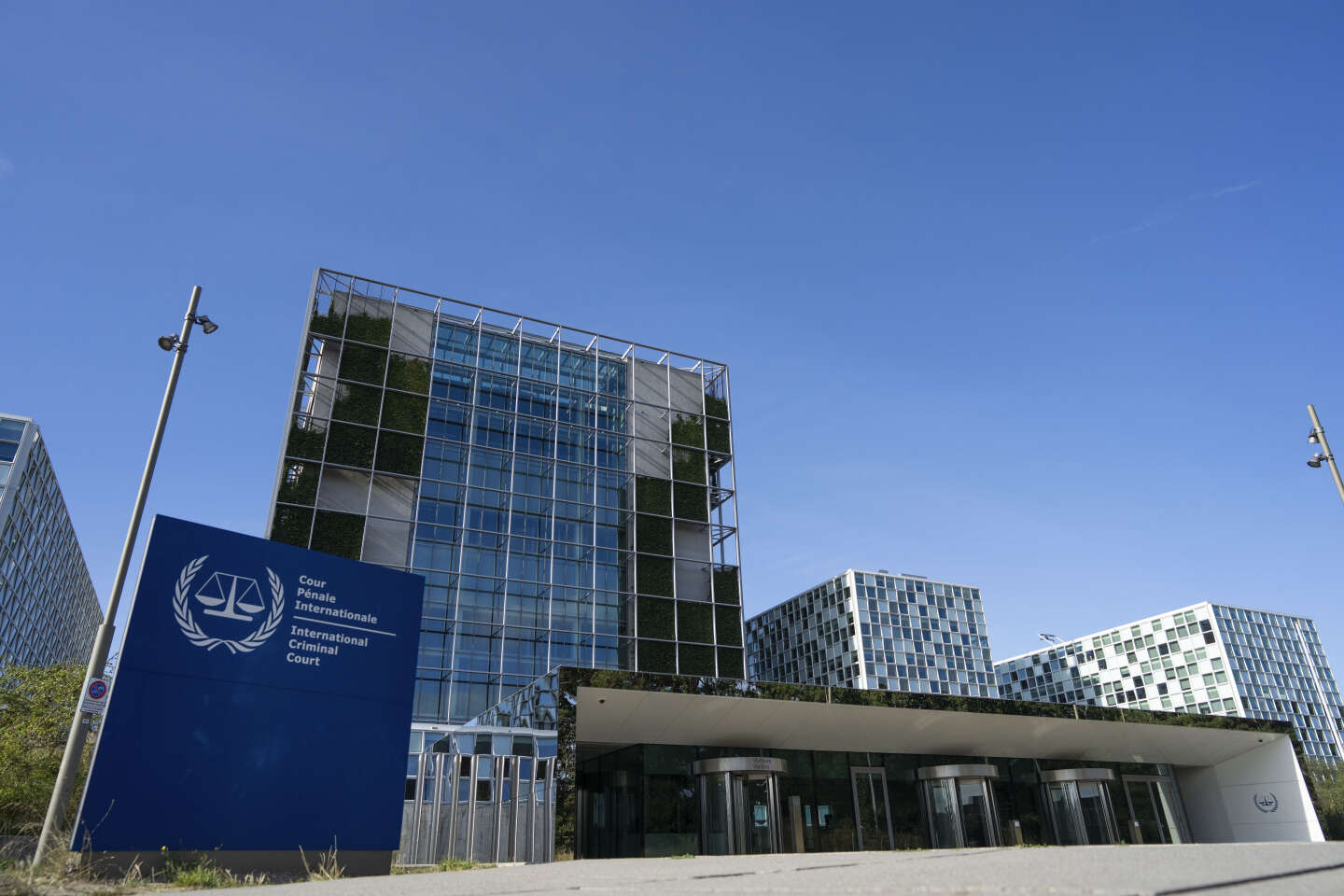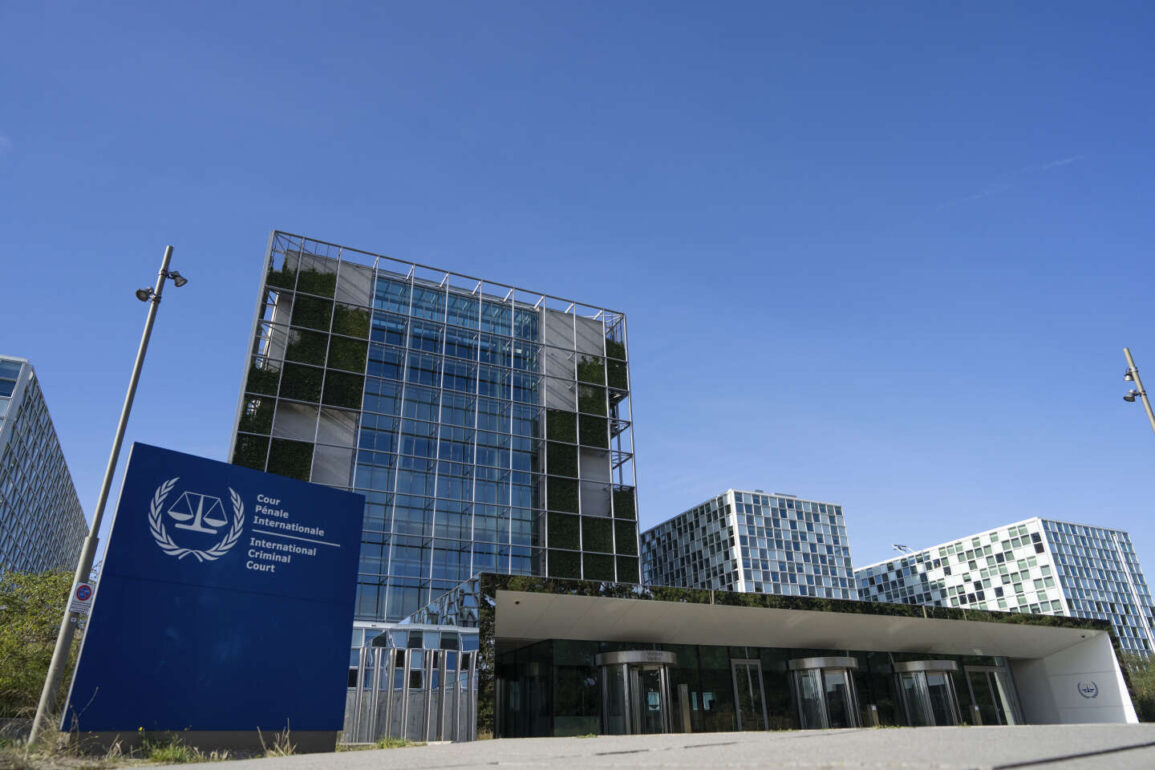
tAnd when strikes intensified in Ukraine, Vladimir Putin, mocking the arrest warrant issued against him by the International Criminal Court (ICC), traveled to Mongolia. The leaders of this state, it seems, have forgotten that their country is a member of the ICC and that it is their responsibility to carry out this mandate and arrest the President of the Russian Federation, the alleged perpetrator of war crimes. They also forgot that a Mongolian judge had recently been elected to the ICC… This new judge is therefore in a unique position, although, by joining the Court, he is supposed to forget where he comes from and stop being nothing more than a judge.
The recent requests for arrest warrants filed with the ICC’s pre-trial chamber against some Hamas and Israeli leaders have sparked a wave of criticism from influential states on the international scene, including, however, some members of the Court. If such warrants are issued, we have the right to wonder about the chances of their one day being implemented.
This is also one of the ills that the Tribunal has suffered since its creation: the arrest warrants issued more than ten years ago against former Sudanese President Omar Al-Bashir and against the leader of the Lord’s Resistance Army in Uganda, Joseph Kony, have still not been executed. Which is to say that the Tribunal is investigating at great expense, because that is its mission, but that it is doing so at a loss, because it does not judge. But isn’t the role of a Tribunal to judge?
Read also | Article reserved for our subscribers. “The absence of the possibility for the International Criminal Court to judge in absentia condemns the role of a committed spectator”
We can continue to opt for passivity or, if we believe in international criminal justice, try to find solutions so that war crimes and crimes against humanity that are being committed today in a completely uninhibited manner are effectively prosecuted.
Fair trial
As early as 1945, the Nuremberg tribunal had provided for the possibility of trying in absentia or in absentia defendants who were fugitives or could not be found. This was the case of Martin Bormann. Closer to home, the Special Tribunal for Lebanon has, in absenceconvicted but also acquitted of the accused who were never present in the box. As in Nuremberg, they were defended.
And, even more recently, the ICC’s preliminary chamber, in the aforementioned Joseph Kony case, issued a decision whose motivation is rich in promise. It is worth quoting one phrase: the statute of the Court “should have provided for the possibility of a trial in absentia, where the charges are confirmed… in accordance with article 61(2)(b) of the Statute and the interests of justice so require. This is without prejudice to the right of the accused to benefit from a new trial if he subsequently appears before the Court. Although this may not be relevant to the present case, it would be useful for States Parties to reconsider the discipline of trial proceedings in absentia before the Court in this regard for any future proceedings..
You have 43.7% of this article left to read. The rest is reserved for subscribers.
This post was originally published on this site be sure to check out more of their content.







